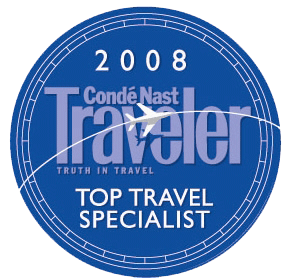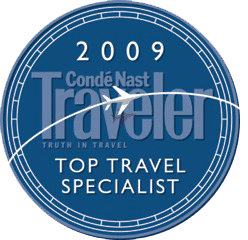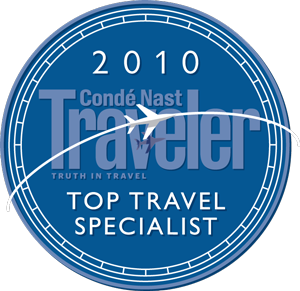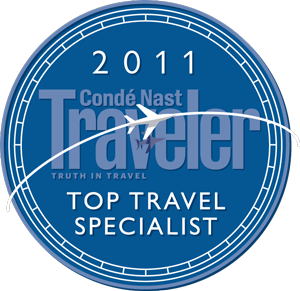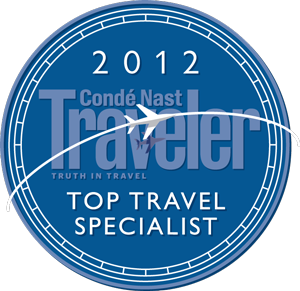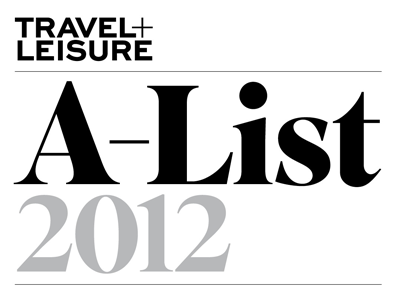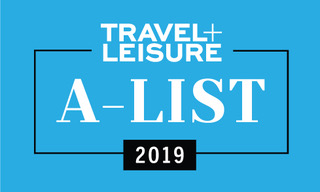Do You Need Licensed Italian Tour Guides? The Pros and Cons
Italian tour guides are not just passionate art or architecture enthusiasts, well-versed locals, or even teachers with a side gig. Becoming an Italian tour guide is a pursuit that requires years of specific education and an extensive licensing exam.
Italian tour guides are not just passionate art or architecture enthusiasts, well-versed locals, or even teachers with a side gig.
Becoming an Italian tour guide is a pursuit that requires years of specific education and an extensive licensing exam. And beyond the formal requirements, many were born and raised in the city they now teach others about.
What is a “licensed” guide?
In Italy, it’s not unusual to meet a guide with multiple Masters degrees.
Aesthetics, architecture, art history, Renaissance history, ancient history, religion, botany, science of culture – you name it.
If it’s relevant to the city or area in question there is a probably an entire list of licensed guides with advanced degrees on the subject who are happy to distill their knowledge into exactly what you need and want to know.
Italian guides often serve up information that you not only won’t find in a guidebook but might not find in English anywhere. They don’t just guide off the information they learned in school. Most Italian guides are so passionate about their area of expertise that they regularly read up on or talk with expert scholars, archeologists, and art historians about developments in their field.
To become licensed, guides must register with the local government and pass an exam testing all facets of their knowledge about the area they wish to guide in.
Once licensed, they are required to wear (or at least carry) their license with them when leading tours, so if you have any doubt about the quality or veracity of a guide, you can always ask for their license.
Pros and Cons

Image © Italian Concierge
Pros
- experience tailored to your interests
- when you book a tour with a licensed guide through Italian Concierge, we provide a sheet of background information on the guide with his or her picture
- making a new Italian friend
- it’s illegal to use an unlicensed guide
Cons
- three hour minimum
- guides are typically only available either before or after lunch (9 am-12 pm or 2-5pm)
- licensed guides have to pay sizable taxes, so their rates aren’t cheap
- guides are usually only licensed for one city, so you typically can’t use the same one for your whole trip
What is right for you?
In the end, it comes down to a question of interest and budget.
For a location you are really interested in – say Florence, home of the Renaissance, for art or science enthusiasts, or Bologna, land of tortellini and cured meat, for food enthusiasts – hiring a licensed guide can transform seeing Italy into experiencing Italy and be worth saving money in other areas to cover the fee.
Or if you are on the Italian trip of a lifetime, aiming to soak up every ounce of history and dolce vita that you can in a 10-day trip through the major sites, licensed guides in major stops are a must to make sure that you get everything possible out of your experience, maximizing your time and seeing everything you are interested in.

